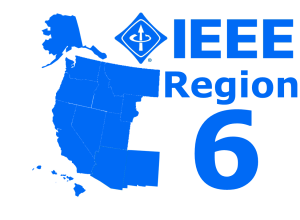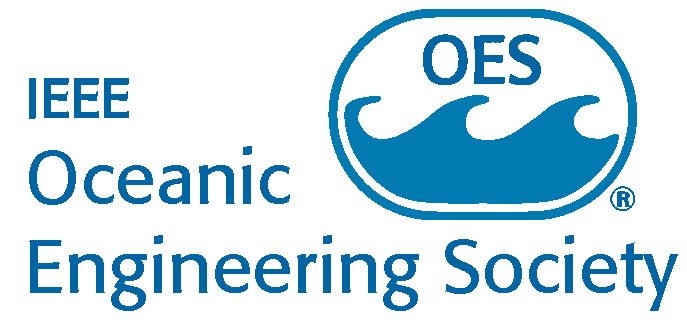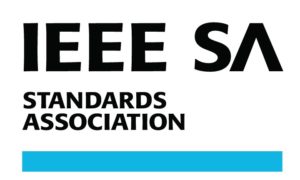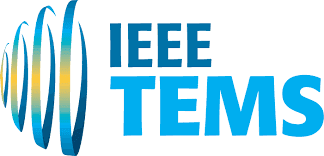Workshop 2024
Roadmap to Low Carbon Emission Building Materials and Architecture
April 14, 2024, 8:00am – 5:00 pm
Multnomah Room
A free Hybrid workshop organized by IEEE Future Directions SusTech Initiative in collaboration with SusTech 2024.
For Details and to Register see the Workshop Event Page: http://bit.ly/IEEESusTech_2024
Deadline for registering for this workshop is March 31, 2024. In-person registration may close earlier if the maximum limit of 30 in-person attendees is reached, so do not delay securing your spot!
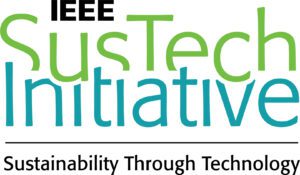 Workshop Goals – According to the United Nations’ Environment Programme, “The buildings and construction sector is by far the largest emitter of greenhouse gases, accounting for a staggering 37% of global emissions. The production and use of materials such as cement, steel, and aluminum have a significant carbon footprint.”
Workshop Goals – According to the United Nations’ Environment Programme, “The buildings and construction sector is by far the largest emitter of greenhouse gases, accounting for a staggering 37% of global emissions. The production and use of materials such as cement, steel, and aluminum have a significant carbon footprint.”
This one-day workshop focuses on methods to decrease carbon emissions in new & existing buildings on materials and architecture to reduce the built environment’s impact on climate change. The workshop provides an informative and idea exchange platform among various stakeholders in the built environment industry with the aim of developing a roadmap for sustainable goals on Low Carbon Emission Building Materials and Architecture.
Materials used in the construction of buildings account for eight to nine percent of overall global CO2 emissions (UNEP 2022) with cement and steel being the largest contributors. Therefore, it is important to consider the use of energy-efficient technologies, resource-efficient materials, and environmentally friendly design strategies to create structures that are functional, aesthetically pleasing, and economically viable too.
The workshop program will address methods and technologies that engineers, architects, consultants, and researchers are to be aware of while considering sustainable construction/buildings.
You are cordially invited to participate in this ground-breaking event. As a participant, you will join a new community dedicated to developing a roadmap to reach sustainable goals for the built environment industry, through low carbon emissions building materials and architecture.
This workshop will provide an informative ideas exchange platform among various stakeholders: technologists, engineers, architects, consultants, and researchers in the following areas and more:
- Energy-efficient materials and building technologies
- Functional, aesthetically pleasing, climate resilient and environmentally friendly design strategies
- Economically viable solutions to the climate crisis in the building industry.
Moderators:
- Maike Luiken, PhD, SMIEEE, IEEE-HKN, FEIC, chairs Planet Positive 2030 – an initiative of the IEEE Standards Association – as well as the P7800 Standards Working Group: Recommended Practice for Addressing Sustainability, Environmental Stewardship and Climate Change Challenges in Professional Practice.
- Professor Wei-Jen Lee, University of Texas at Arlington, Electrical Engineering Department and director of the Energy Systems Research Center.
Speakers:
- Clinton J. Andrews, Director, Center for Urban Policy Research at Rutgers University.
- Webly Bowles, Associate Director of Codes and Policy at New Buildings Institute (NBI) with 20 years of experience in architecture, sustainable building design, advocacy, and code development.
- Hellen Chen, Research Analyst in the Industry Program at the American Council for an Energy-Efficient Economy (ACEEE).
- Marc Elliott, Eaton Corp.
- Yashima Jain, Lawrence Berkeley National Laboratory.
- Beth Lavelle, Senior Associate and Sustainability Manager at SERA Architects in Portland, OR.
- Lona Rerick, Architect and Sustainable Materials Leader at ZGF Architects.
For complete details on speakers and registration see the Workshop Event Page.
Preliminary Agenda
|
Time |
Title |
Description |
Presenter |
|
8:00 – 9:00 |
Registration/Breakfast |
||
|
9:00 – 9:15 |
Welcome and Introduction | Purpose of workshop, instruction, and introduction | Carole Graas |
|
9:15 – 9:45 |
Keynote Address |
Public Acceptance of Low Carbon Emission Architecture | Yashima Jain |
|
9:45 – 10:30 |
Session 1: Building Materials |
Role of buildings in climate change? |
Hellen Chen |
|
10:30 – 10:45 |
Break |
||
|
10:45 – 12:00 |
Session 2: Carbon Reduction of Existing Buildings |
Retrofitting options of existing buildings |
Clinton J Andrews |
|
12:00 – 13:00 |
Lunch Break |
||
|
13:00 – 14:15 |
Session 3: Sustainable Future Architecture |
Policy: Protocol to agreements to COP 28 and Key Targets by 2050 |
Webly Bowles |
|
14:15 – 15:15 |
Session 4: Group Discussion – Roundtable
|
Group One: Group Two: Group Three: |
(From sessions 1-3) |
|
15:15 – 15:30 |
Break |
||
|
15:30 – 16:30 |
Session 5: Reporting, Discussion, Conclusion & Way Forward |
Building a carbon-free future |
Groups from Session 4 |
|
16:30 – 17:00 |
Closing Remarks |
||








